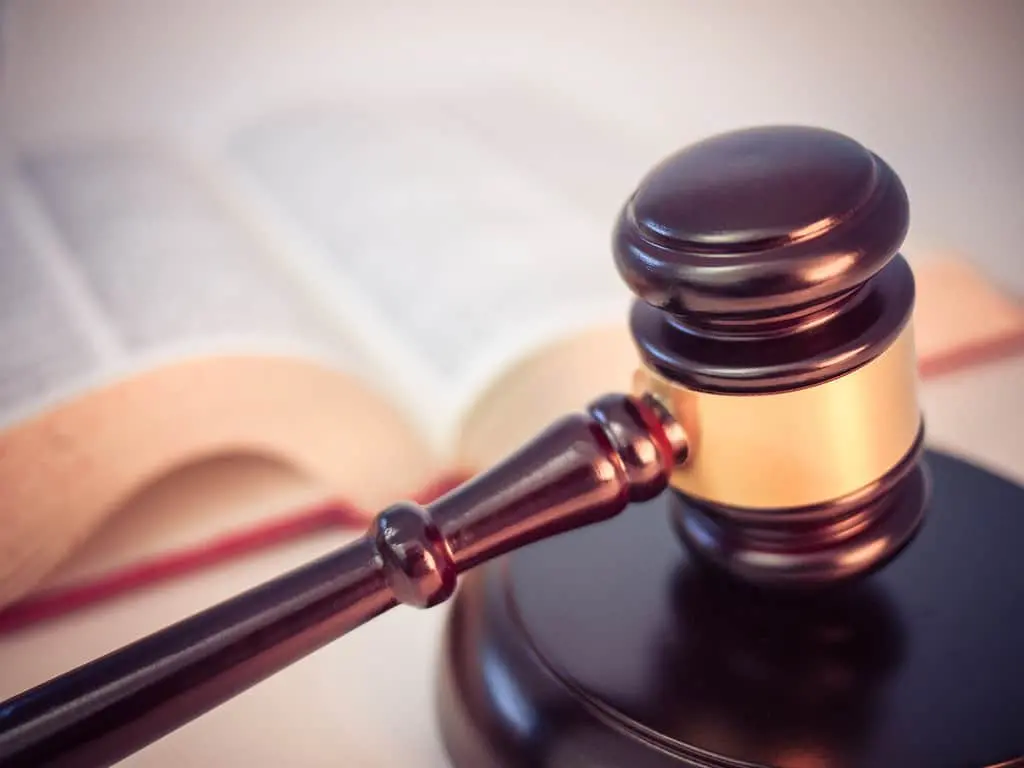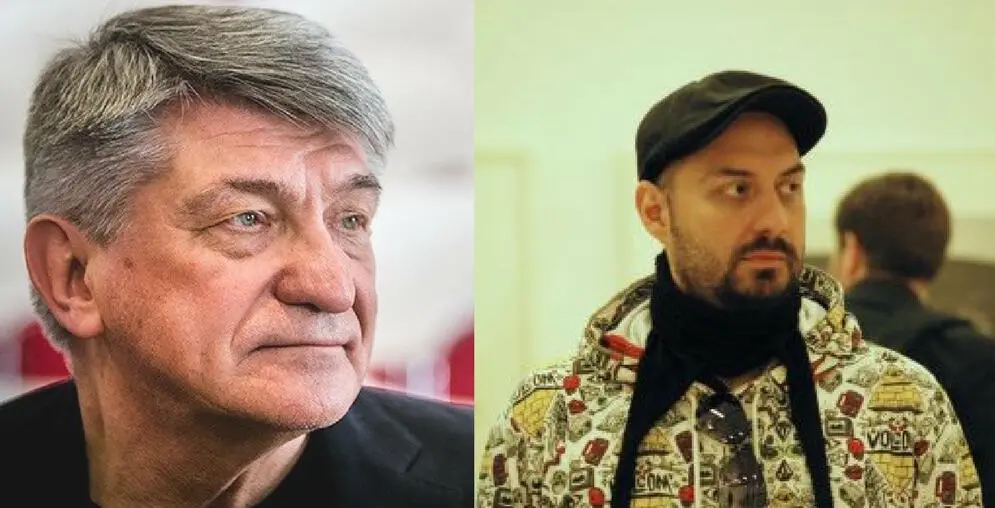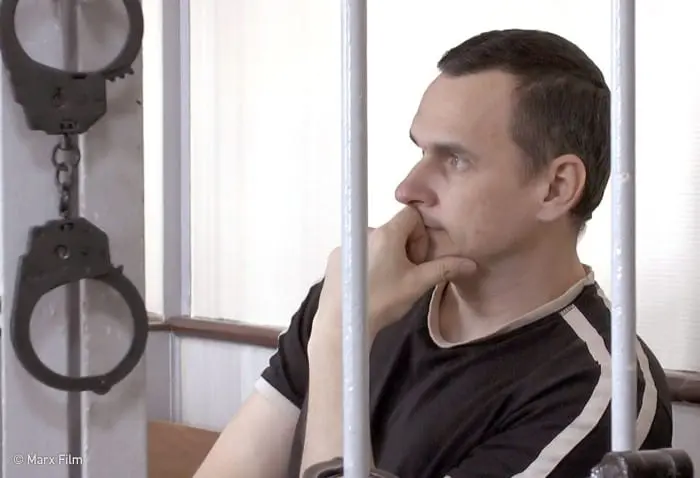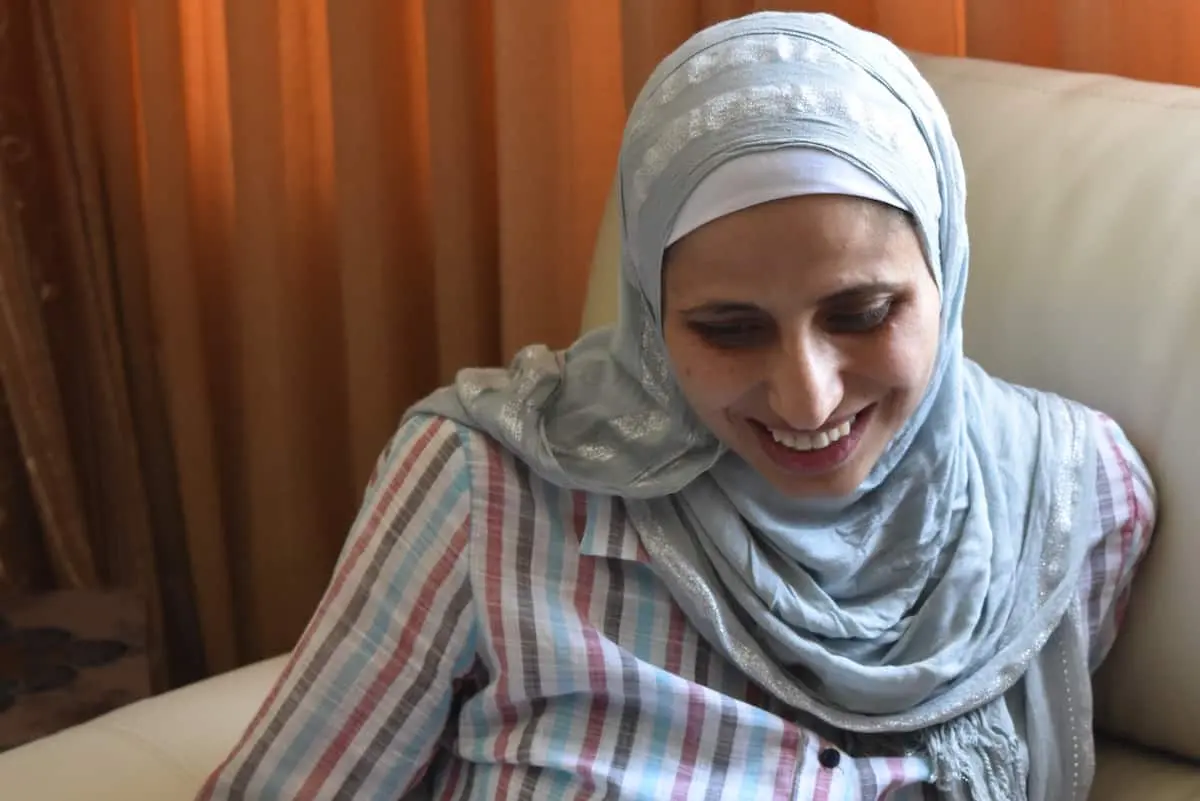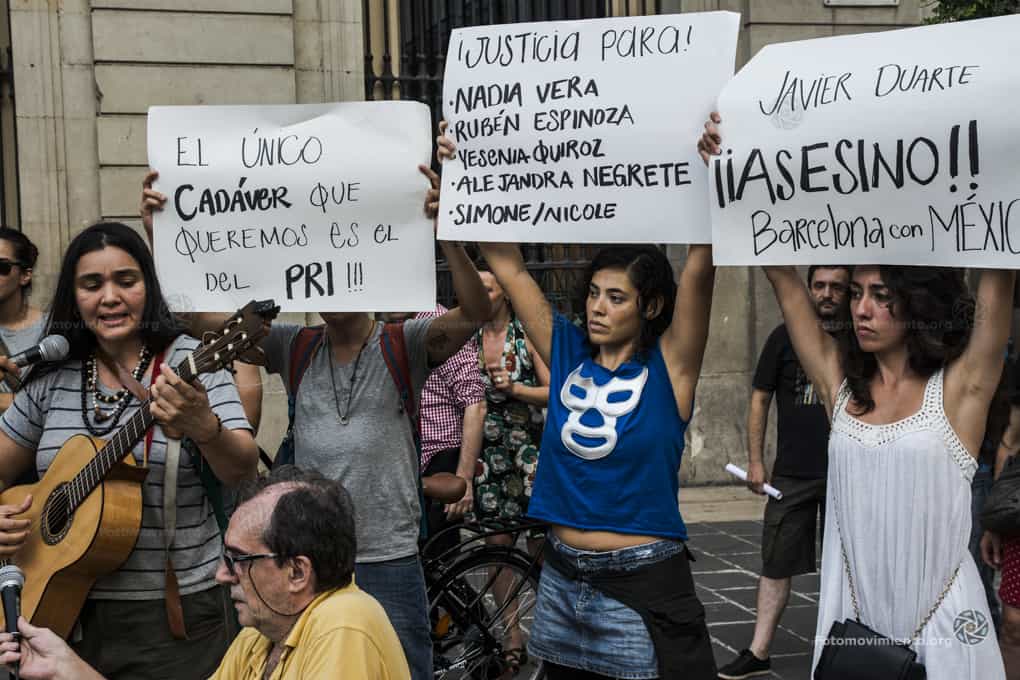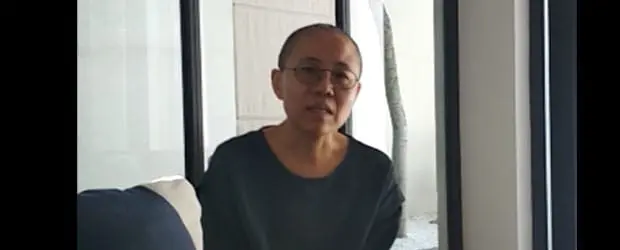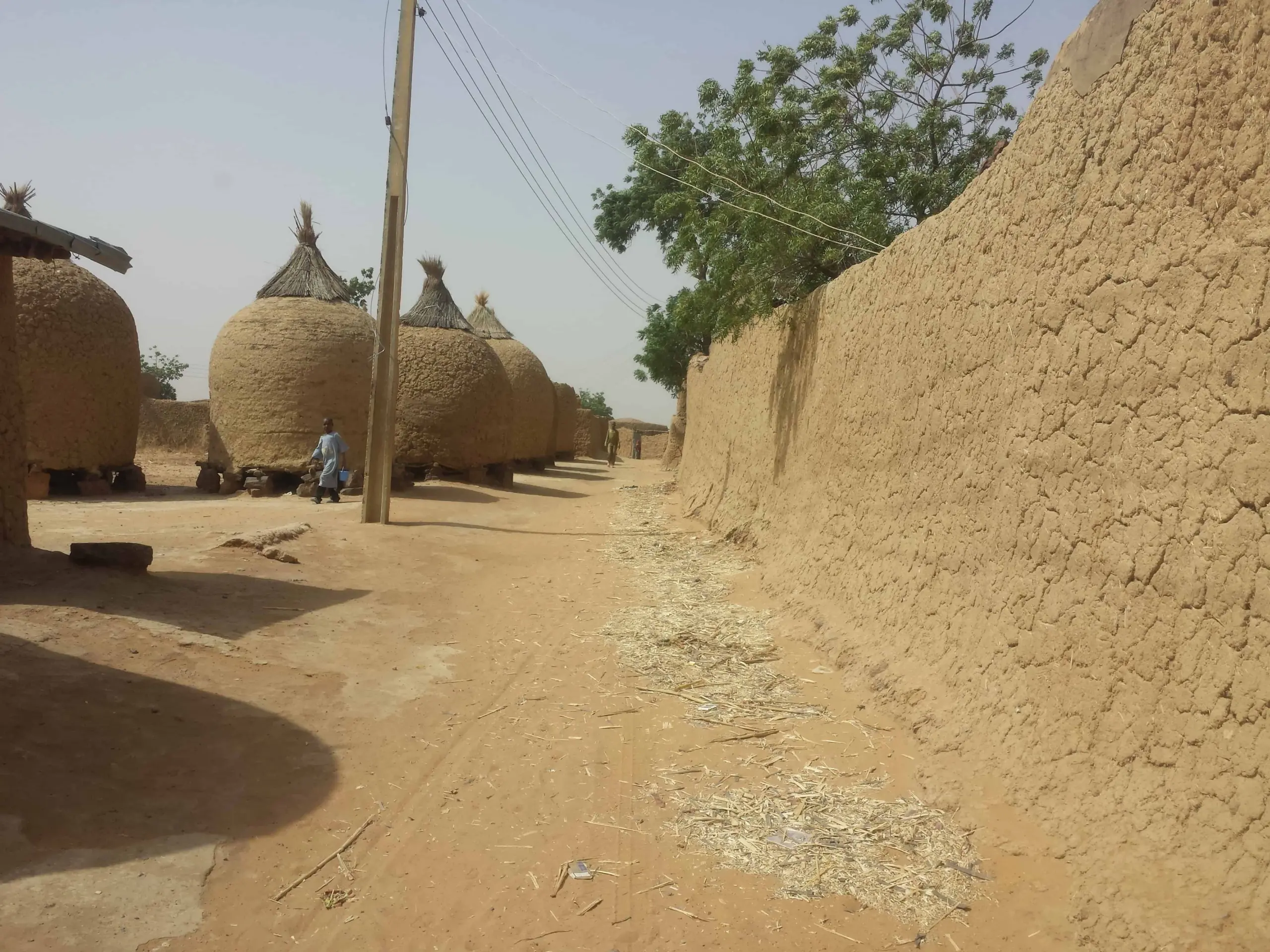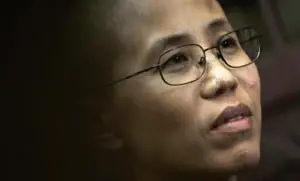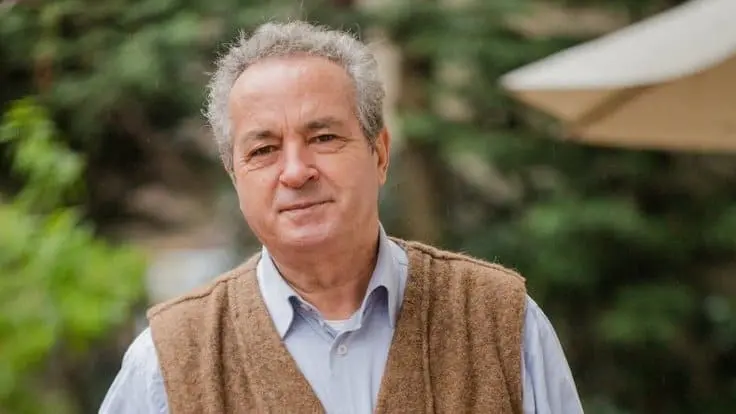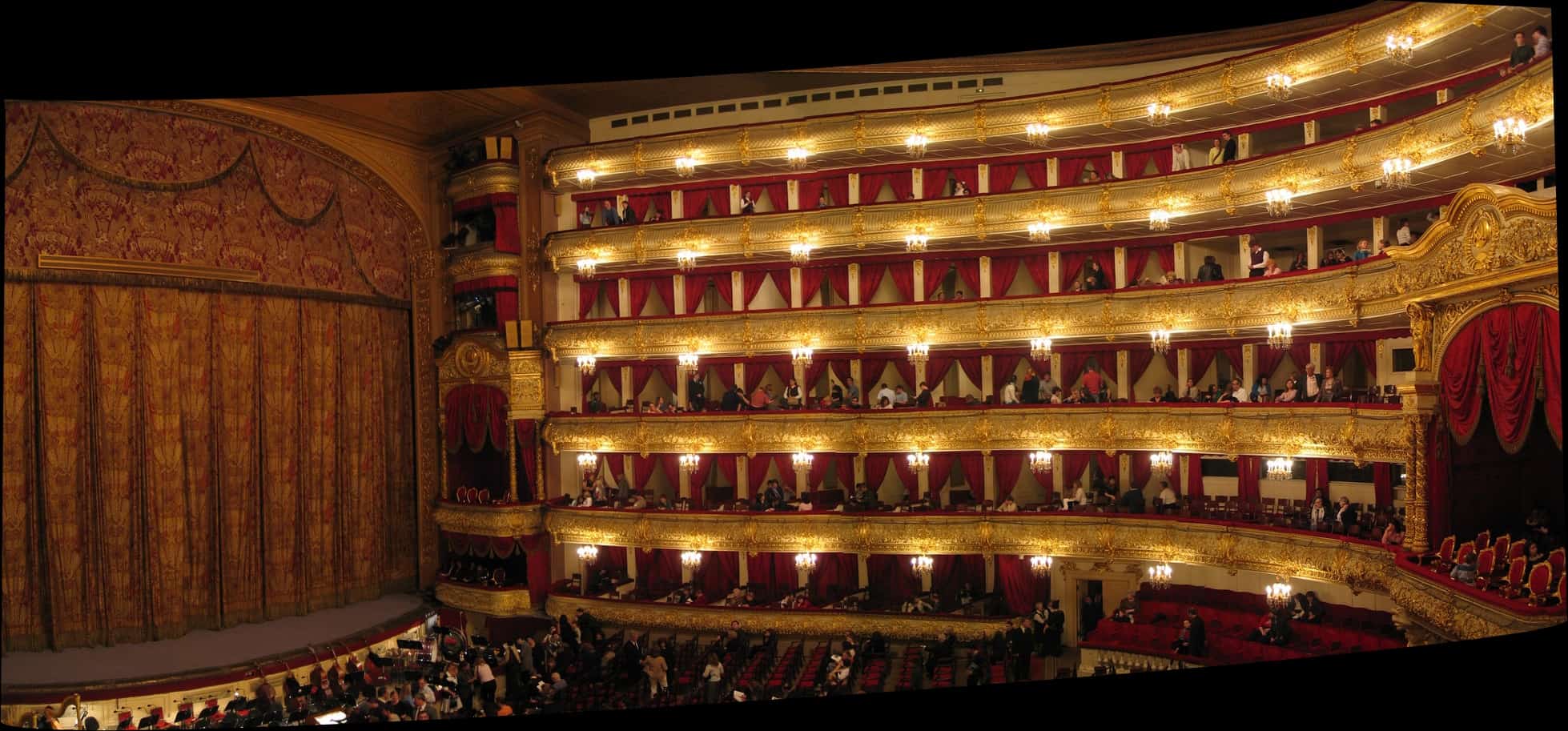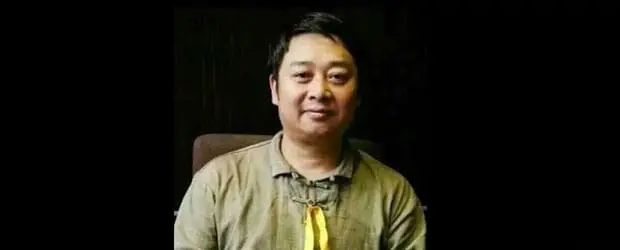UPDATE:
On November 7, as part of the hearing over Alex Chow’s appeal, Hong Kong’s Court of Appeal granted Alex Chow bail. While Chow had originally not applied for bail, he later changed his mind given he was “very optimistic” about the appeal. Chow has indicated his experience has motivated him to advocate for prisoners’ rights in Hong Kong.
Chow’s appeal hearing (along with co-defendants Joshua Wong and Nathan Law) will take place January 16, and will determine whether his conviction stands or is overturned.
Alex Chow, a student and prominent pro-democracy activist, has been held in Chinese detention since August 2017 for his role in catalyzing the 2014 Occupy Central Movement—the world-recognized “Umbrella Protests”—in Hong Kong. He, alongside fellow members of the Occupy Movement, has faced legal punishment for exercising his right to freedom of assembly and expression.
On August 31, 2014, Beijing authorities announced their decision to limit the pool of candidates eligible for the position of chief executive, Hong Kong’s top leader. In protest, in August 2014, Chow led the Hong Kong Federation of Students in a week-long boycott of classes. In September 2014, Chow was involved in the storming of Civic Square, a fenced-off governmental plaza in Hong Kong. This is considered to be one of the catalyzing events for the Umbrella Movement, the city-wide civil disobedience movement for democratic reforms in Hong Kong.
On September 26, 2014, Chow was arrested for his role in instigating the protests. Chow’s codefendants were Joshua Wong, arguably Hong Kong’s most famous youth activist, and Nathan Law, who would go on to be elected to Hong Kong’s Legislative Council before being stripped of his position upon the finding that he “misspoke the oath of office.”
In August 2016, Chow was charged with “illegal assembly” and received a suspended prison sentence of three weeks, whilst Wong and Law received community service sentences. Despite Law and Wong fulfilling their court-mandated service, Hong Kong’s Department of Justice appealed the sentences twice, in September and October of 2016, with the prosecutors claiming that, “as the accused do not feel true remorse, awarding a sentence of community service is wrong on principle and clearly not enough.”
On August 17, 2017, a higher court overturned the original ruling and sentenced Alex to seven months in prison. On the same day, Alex released a statement advising his supporters that, “When the emotions of sadness, grief, anger, depression haunt us, only the profound love can liberate us and prevent our heart from crumbling. On the contrary, we can get strength from it and allow it to turn us into creative, visionary and aspiring HongKongers.”
The conviction has deepened fears about Beijing’s interference in Hong Kong courts. The new sentence also leaves all three activists ineligible to seek political audience for the next five years, leading many to view it as a deliberate political move by Chinese authorities to keep the trio out of office. The new sentence also delays Chow from beginning his doctorate at Berkeley, where Chow intends to study nonviolent social movements.
At the time of the sentencing, PEN America declared the new penalties “represent[] a low point in Hong Kong’s commitment to freedom of speech and assembly,” and further declared them “a nakedly transparent effort not only to punish these three young men for their political views, but to forestall them from playing a role in Hong Kong’s political future.” The conviction of Chow and his colleagues has also occurred against a backdrop of diminishing civic freedoms for Hong Kong.
Today, Chow’s codefendants are out on bail, though they will soon need to return to jail. However, Chow—who did not apply for bail, but who is appealing his sentence—remains in prison. His conviction—or rather, his re-conviction—appears to be calculated to send the message that expressions of dissent are not to be tolerated. In response, PEN America calls on people of literary conscience to send a message to Alex Chow supporting his rights to free expression and free assembly.

